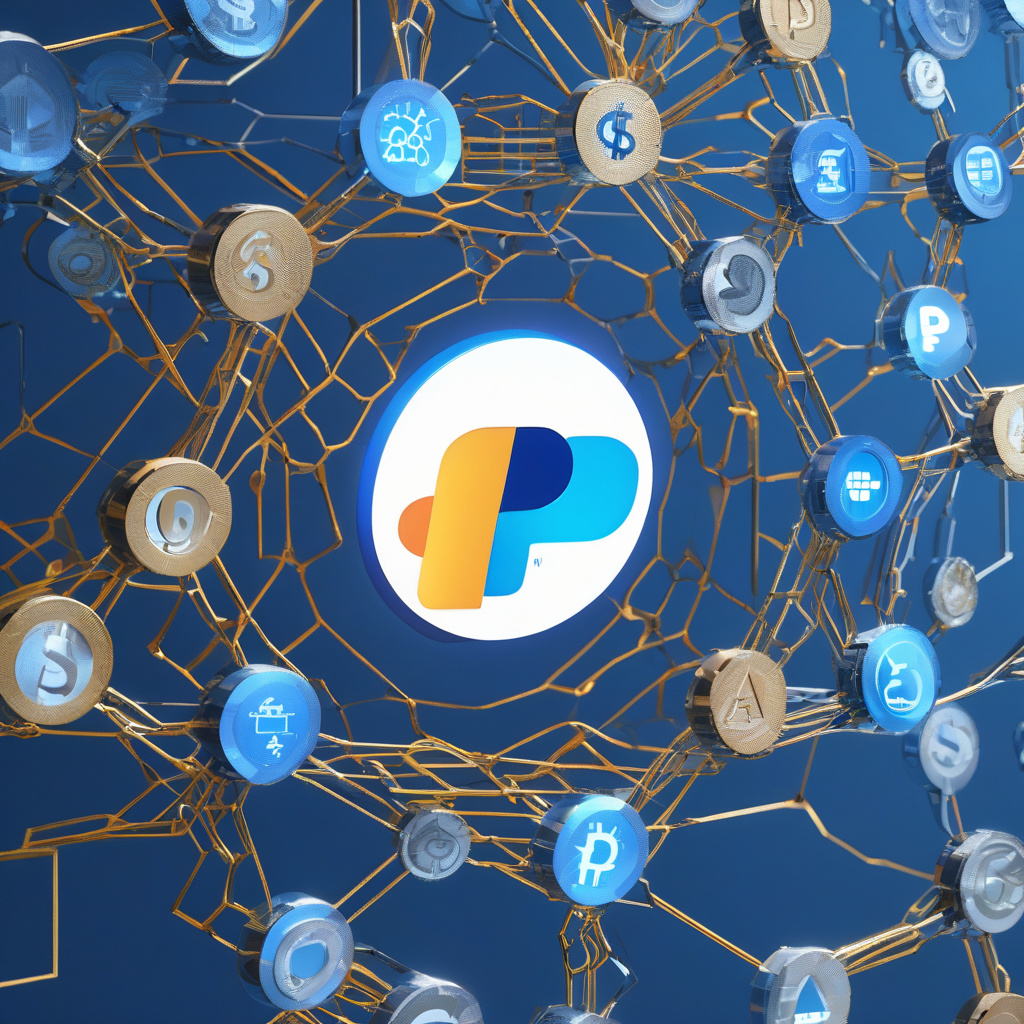PayPal Expands Digital Asset Services to Include Solana and Chainlink
In a significant move reflecting the shifting regulatory landscape in the United States, PayPal has announced the expansion of its digital asset services to include Solana and Chainlink. This decision comes at a pivotal moment when regulatory attitudes towards cryptocurrencies are undergoing a transformation, encouraging institutions to embrace the potential of digital assets.
The integration of Solana and Chainlink into PayPal’s platform marks a notable milestone in the mainstream adoption of cryptocurrencies. Solana, known for its high-performance blockchain network that supports decentralized applications and crypto projects, has been gaining traction for its scalability and low transaction costs. By offering Solana on its platform, PayPal is not only catering to the growing demand for alternative digital assets but also providing its users with access to a diverse range of investment opportunities.
Similarly, the inclusion of Chainlink is another strategic move by PayPal to enhance its digital asset services. Chainlink, a decentralized oracle network that connects smart contracts with real-world data, plays a crucial role in ensuring the security and reliability of data feeds for various blockchain applications. By incorporating Chainlink into its ecosystem, PayPal is reinforcing its commitment to providing secure and efficient services for handling digital assets.
The decision to expand its digital asset services to include Solana and Chainlink is a testament to PayPal’s recognition of the evolving needs of its users. As the demand for cryptocurrencies continues to rise, especially among institutional investors, PayPal’s strategic move positions the company as a key player in facilitating the mainstream adoption of digital assets. By offering a diverse portfolio of cryptocurrencies, including popular options like Bitcoin and Ethereum, as well as emerging assets like Solana and Chainlink, PayPal is catering to a wide range of investors seeking exposure to the digital asset market.
Moreover, the shift in regulatory attitudes in the US is playing a crucial role in encouraging institutions to explore the potential of cryptocurrencies. With regulatory clarity becoming increasingly important for the mainstream adoption of digital assets, the evolving regulatory landscape is creating a more conducive environment for institutions to incorporate cryptocurrencies into their portfolios. PayPal’s decision to expand its digital asset services in this changing regulatory environment signals a broader trend towards greater acceptance and integration of cryptocurrencies in the traditional financial system.
As institutions and retail investors alike recognize the value and potential of cryptocurrencies, platforms like PayPal are seizing the opportunity to provide user-friendly access to digital assets. By offering a seamless and secure way to buy, hold, and sell cryptocurrencies, PayPal is bridging the gap between traditional finance and the digital asset space, making it easier for users to participate in the growing crypto economy.
In conclusion, PayPal’s expansion of its digital asset services to include Solana and Chainlink reflects not only the company’s commitment to innovation but also the broader trend towards mainstream adoption of cryptocurrencies. With regulatory attitudes in the US becoming more favorable towards digital assets, institutions are increasingly looking to incorporate cryptocurrencies into their investment strategies. By offering a diverse range of cryptocurrencies on its platform, PayPal is empowering users to explore the exciting possibilities of the digital asset market.
cryptocurrencies, digital assets, PayPal, Solana, Chainlink
